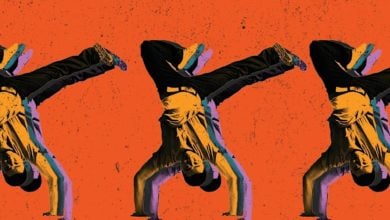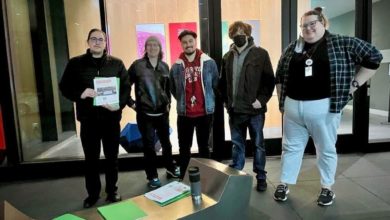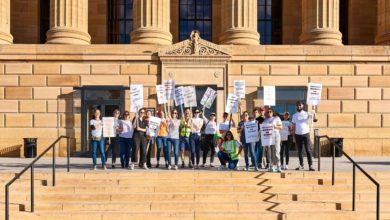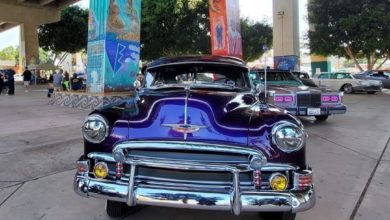August 19, 2006, marked the 70th anniversary of the assassination of Spanish poet and dramatist Federico García Lorca. A voice of the people, Lorca’s life was cut short at the very beginning of the Spanish civil war, pitting a coalition of anarchists, socialists, and liberal elements of the capitalist class against fascists, led by Francisco Franco.
Lorca’s revolutionary writing and lifestyle formulated a challenge to the reactionary elements fighting against the rising
|
Lorca was born in 1898 in the village of Fuente Vaqueros in southern Spain. In 1919, he moved to Madrid and into the Residencia de Estudiantes, a prestigious cultural institution. Lorca quickly became part of a group of progressive and revolutionary artists that also included Salvador Dalí and Luis Buñuel. Lorca became very involved in Spain’s avant-garde cultural scene. His poetry and plays weaved together social commentary with somber moods and imagery infused with rich influences from gypsy and flamenco culture. He is often referred to as a “gitano,” or gypsy, poet.
During this period of tremendous professional success, within his personal life Lorca was struggling to deal with hostility from friends, family, and conservative Spanish society about his homosexuality.
In 1929, Lorca traveled to New York where he spent much of his time in Harlem. His experience and observations there led him to write a collection of poems, “Poeta en Nueva York,” which contained searing commentary on the social oppression of African American people. The collection also expressed his personal experiences of alienation and isolation in the United States.
Lorca penned words so politically powerful that some of his works were not published for decades after he wrote them. His play “El Publico,” written around the same time as his New York travels, was not published until the 1970s. It has not yet been released in its entirety.
Lorca returned to Spain in 1930 when the dictatorship of Primo de Rivera fell, and the Second Spanish republic was established. This republic lasted from 1931 to 1939. The First Spanish Republic lasted for less than a year in the early 1870s.
Upon his return to Spain, Lorca directed the Teatro Universitario la Barraca, a student theatre company that toured rural Spain. Lorca helped direct and foster popular theater that introduced isolated audiences to radical political ideas. In his play “La casa de Bernarda Alba,” Lorca directly criticized and questioned society’s repressive attitude towards female sexuality. Lorca’s vanguard social commentary was deeply opposed to the increasingly regressive Spanish state. His works argued passionately and powerfully for freedom. His was an artistic voice for the popular movement in Spain.
When war broke out in 1936, Lorca headed back to southern Spain. He was executed by the fascist Falange militia on Aug. 19, 1936.
Lorca’s contribution to the struggle lies not only in his works and the life that he lived, but also in his untimely death. His murder at the hands of Franco’s fascist troops highlights the potency of words and the fear they invoke when they challenge the ruling class.







